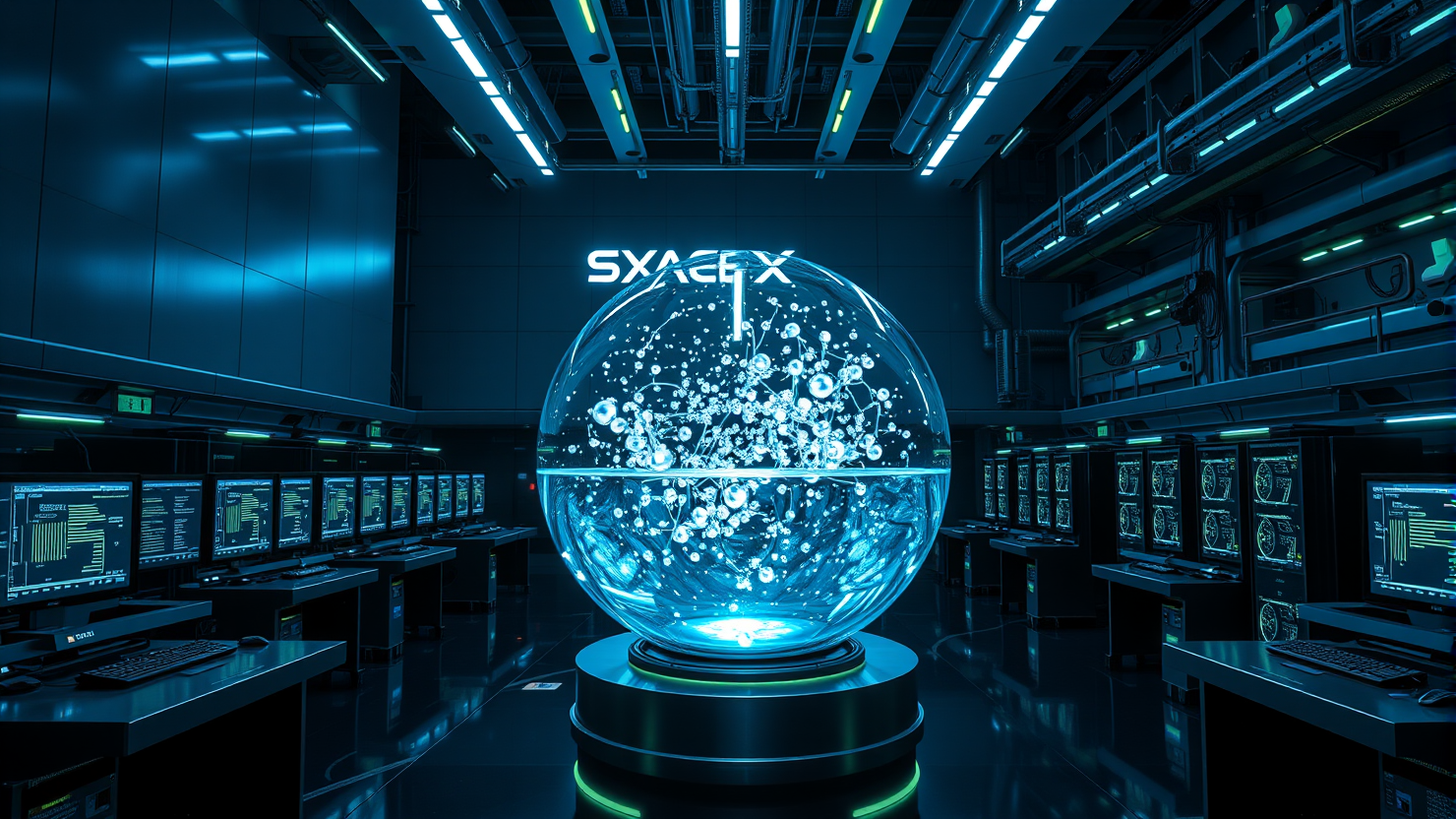Nvidia and OpenAI Partner in $100B Deal to Revolutionize AI Infrastructure, Raise Competition Concerns

In a groundbreaking development, technology titans OpenAI and Nvidia have agreed to a potential $100 billion partnership that could revolutionize the landscape of artificial intelligence (AI). The alliance aims to equip OpenAI’s next-generation AI infrastructure with at least 10 gigawatts of Nvidia hardware. This collaboration is designed to train and run future AI models targeted at superintelligence.
To facilitate this ambitious project, Nvidia plans to invest up to $100 billion in OpenAI as the systems are rolled out. The initial phase of this partnership is slated for launch in the latter half of 2026, running on Nvidia’s upcoming Vera Rubin platform.
The strategic union highlights the growing interdependence among key AI players. For Nvidia, a leading supplier of AI chips, the agreement represents an opportunity to secure a financial stake in OpenAI, one of its significant customers. Conversely, OpenAI stands to benefit from the deal through increased funding and guaranteed access to Nvidia’s sought-after processors.
The partnership may spark concerns among rivals, potentially reinforcing Nvidia’s dominance in chips and OpenAI’s lead in AI software, raising questions about fair competition.
Sources familiar with the matter reveal that the agreement consists of two interconnected steps: Nvidia will acquire non-voting shares in OpenAI, which OpenAI will then use to purchase Nvidia chips.
Sam Altman, CEO of OpenAI, stated, “Compute infrastructure is the foundation for the future economy, and we will leverage what we’re building with Nvidia to deliver new AI breakthroughs and make them accessible at scale.”
Details regarding the partnership are expected to be finalized in the coming weeks. The companies have also acknowledged that 10 gigawatts of chips would consume as much power as more than 8 million US households.
Following the announcement, Nvidia’s stock surged by up to 4.4% to a record high, while Oracle, a collaborator with OpenAI on a $500 billion global AI data center project called Stargate, saw a rise of approximately 6%.
Upon finalizing the agreement, OpenAI is expected to formally purchase Nvidia systems. An initial investment of $10 billion from Nvidia in OpenAI, valued at $500 billion, is also anticipated.
The first delivery of Nvidia hardware is expected in late 2026, with one gigawatt of computing power becoming available in the second half of that year on the Vera Rubin platform.
While analysts generally welcome this partnership, concerns have been raised about potential circular investments flowing back to Nvidia through OpenAI’s chip purchases. Stacy Rasgon, an analyst at Bernstein, commented, “The deal will help OpenAI deliver on its aspirational goals for compute infrastructure and ensure that the necessary resources are in place, but the ‘circular’ concerns have been raised before and will likely persist.”
OpenAI has reportedly been exploring custom chips to reduce costs and lessen dependence on Nvidia. A source close to the company confirmed that this deal does not alter its existing compute plans, including its collaboration with Microsoft.
In early 2021, OpenAI was reported to be working with Broadcom and Taiwan Semiconductor Manufacturing Co. to design chips. Following news of the Nvidia partnership, Broadcom shares experienced a minor dip of 0.8%.
OpenAI currently boasts over 700 million weekly active users, with widespread adoption across businesses of all sizes and developers worldwide. The alliance with Nvidia is expected to propel OpenAI forward in its mission to develop artificial general intelligence.
The OpenAI-Nvidia partnership adds to a growing list of collaborations among tech giants. Microsoft has invested billions in OpenAI since 2019, and Nvidia recently announced a chip collaboration with Intel and pledged $5 billion in funding. Nvidia also participated in OpenAI’s $6.6 billion round in October 2024.
The size of this new deal could attract antitrust scrutiny. Last year, the Justice Department and Federal Trade Commission reached an agreement to closely monitor Microsoft, OpenAI, and Nvidia’s roles within the AI sector. The Trump administration has so far adopted a more lenient approach towards competition issues compared to the Biden administration.
OpenAI and Microsoft announced earlier this month that they had signed a non-binding agreement to restructure OpenAI into a for-profit company, signaling further governance changes.
Antitrust lawyer Andre Barlow from Doyle, Barlow & Mazard stated, “The deal could strengthen both companies’ positions in ways that may limit competition, potentially locking in Nvidia’s chip monopoly with OpenAI’s software lead and making it more challenging for competitors like AMD in chips or OpenAI’s rivals in models to scale.”
He added that the Trump administration has generally taken a pro-business approach to regulation, removing barriers that could impede AI growth.





